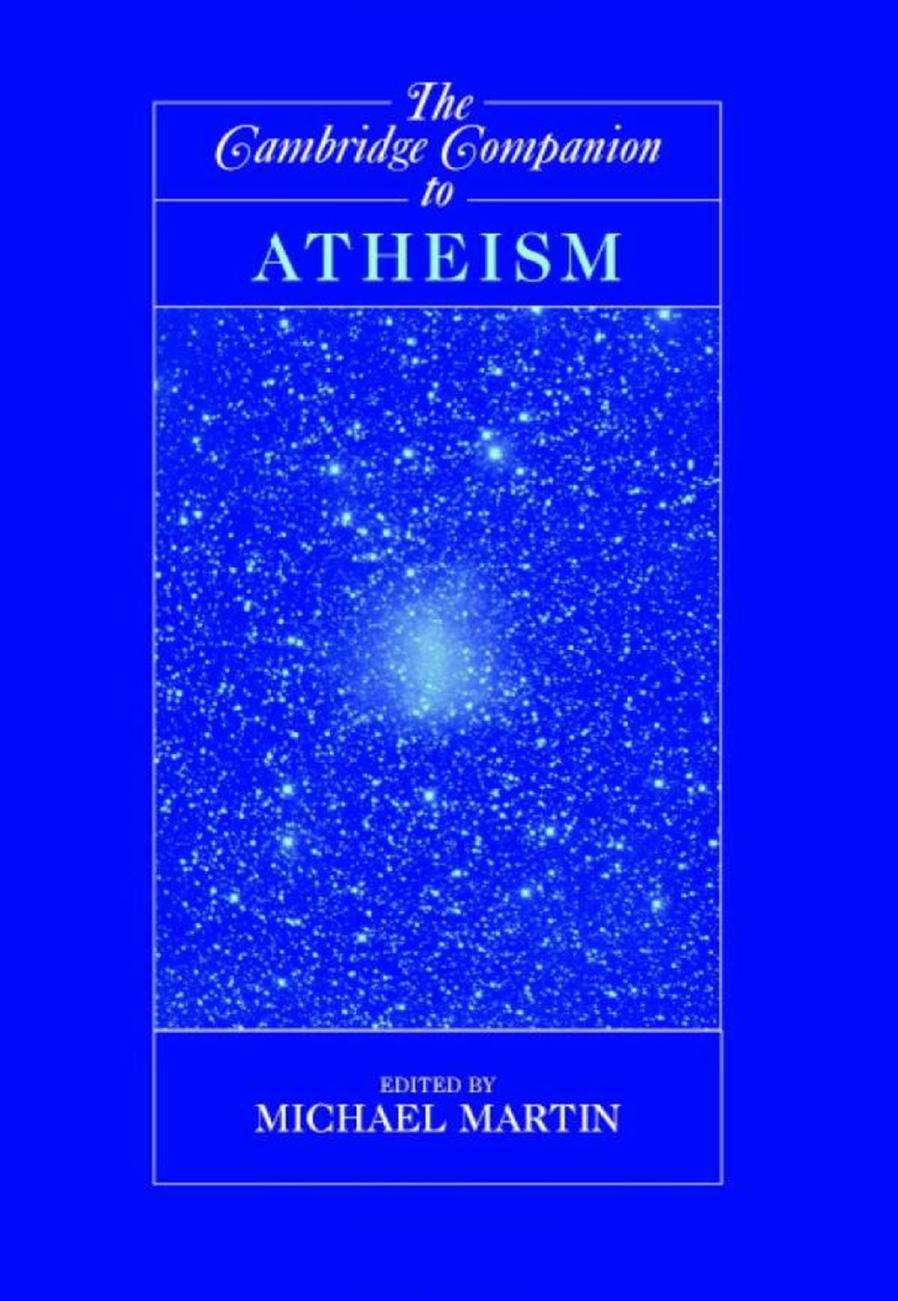The Cambridge Companion to Atheism by Michael Martin

Author:Michael Martin [Martin, Michael]
Language: eng
Format: epub, pdf
ISBN: 9780521603676
Amazon: 0521603676
Publisher: Cambridge University Press
Published: 2006-10-30T10:00:00+00:00
P1: JZZ
0521842700c09
CUNY474B/Martin
0 521 84270 0
Printer: cupusbw
June 17, 2006
9:9
158
david o. brink
determine the outcome that is best overall. This aggregative conception of impartiality involves a utilitarian or consequentialist approach to morality that identifies one’s duty with promoting human happiness or other good consequences.12 However, the aggregative conception lets the interests of many outweigh the interests of a few. An alternative conception of impartiality rejects this sort of interpersonal balancing and insists that a concern with each affected party requires that we act only on principles that no one could reasonably reject. This distributed concern for each yields a contractualist conception of impartiality.13
Still another approach is the Kantian one that attempts to account for the content of moral requirements on the basis of what it is to be a moral agent subject to moral requirements. To be a moral agent is to be responsible. Nonresponsible actors, such as brutes and small children, act on their strongest desires; or, if they deliberate, they deliberate only about the instrumental means to the satisfaction of their desires. By contrast, a responsible agent must be able to distinguish between the intensity and authority of his or her desires, deliberate about the appropriateness of his or her desires, and regulate his or her actions in accordance with his or her deliberations. If so, moral agency requires capacities for practical reasoning. If moral requirements depend on features of moral agents as such, then they depend on what agents would care about insofar as they are rational agents. This arguably requires a concern for rational agents as such, which is roughly how Kant derives his famous demand that we treat all rational agents as ends in themselves and never merely as means.14
These are mere sketches of a few familiar secular conceptions of moral theory. Our commitment to the autonomy of ethics requires only that some of them look intellectually promising.
moral evidence and divine will
Even if God’s will does not make something morally good or bad, it could still be a reliable indicator of what is and provide us with evidence about what our moral duties are. Indeed, if God exists and is morally perfect and omniscient, then his will must be a perfect indicator of what is (independently) valuable. Wouldn’t this give religion a significant epistemological role for morality?
Even if God’s will provided one source of evidence about morality’s demands, it needn’t be the only or the most important source. After all, if naturalism is true, then morality’s demands have a metaphysical source other than God’s will. Moral demands will presumably be a matter of what promotes justice, rights, and happiness. It is open to us to reason directly about these moral matters, by engaging in secular moral Cambridge Collections Online © Cambridge University Press, 2007
Cambridge Collections Online © Cambridge University Press, 2006
Download
The Cambridge Companion to Atheism by Michael Martin.pdf
This site does not store any files on its server. We only index and link to content provided by other sites. Please contact the content providers to delete copyright contents if any and email us, we'll remove relevant links or contents immediately.
From Bacteria to Bach and Back by Daniel C. Dennett(2484)
The God delusion by Richard Dawkins(2309)
Boy Erased by Garrard Conley(1730)
THE SELFISH GENE by Richard Dawkins(1623)
The Falls by Unknown(1525)
God Is Not Great by Christopher Hitchens(1334)
Christopher Hitchens by The Portable Atheist: Essential Readings for the Nonbeliever(1320)
the god delusion by richard dawkins(1318)
Outgrowing God by Dawkins Richard(1316)
THE GOD DELUSION by Richard Dawkins(1309)
Drunk with Blood: God's Killings in the Bible by Steve Wells(1285)
Triumvirate of Rationalism: Thomas Paine, Thomas Jefferson, and George Orwell by Christopher Hitchens(1282)
The Rage Against God by Peter Hitchens(1266)
About the Holy Bible by Robert G. Ingersoll(1261)
The Atheist Muslim by Ali A. Rizvi(1230)
Atheism: A Very Short Introduction by Julian Baggini(1217)
Why I Am Not a Christian and Other Essays by Bertrand Russell(1182)
Emancipation of a Black Atheist by D. K. Evans(1151)
Battling the Gods by Tim Whitmarsh(1151)
